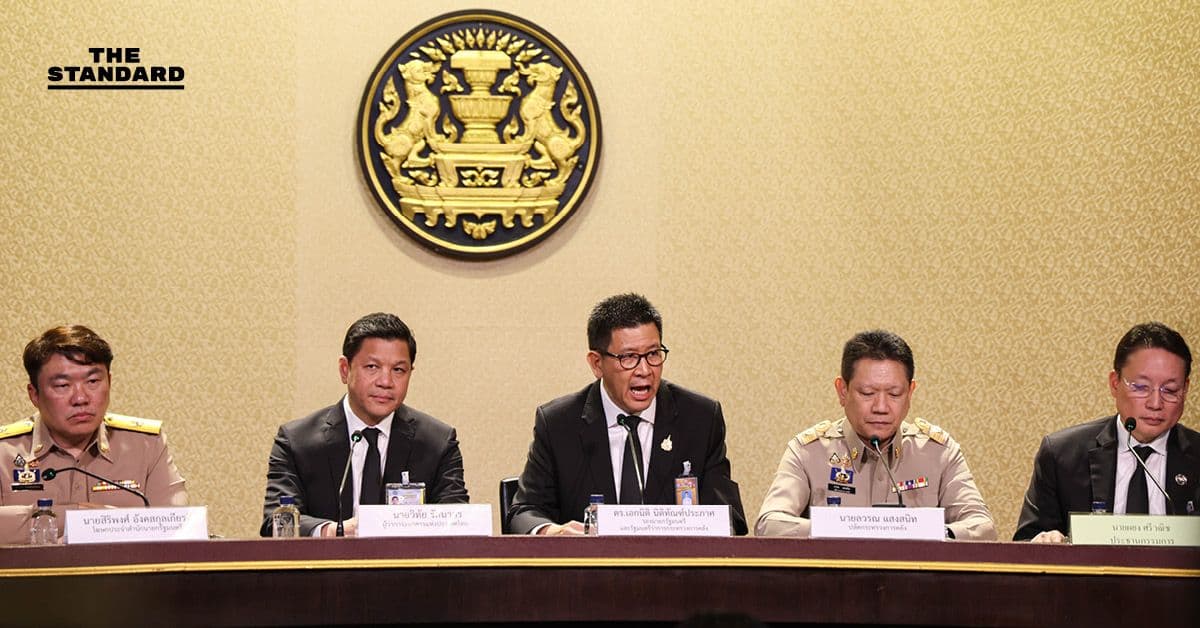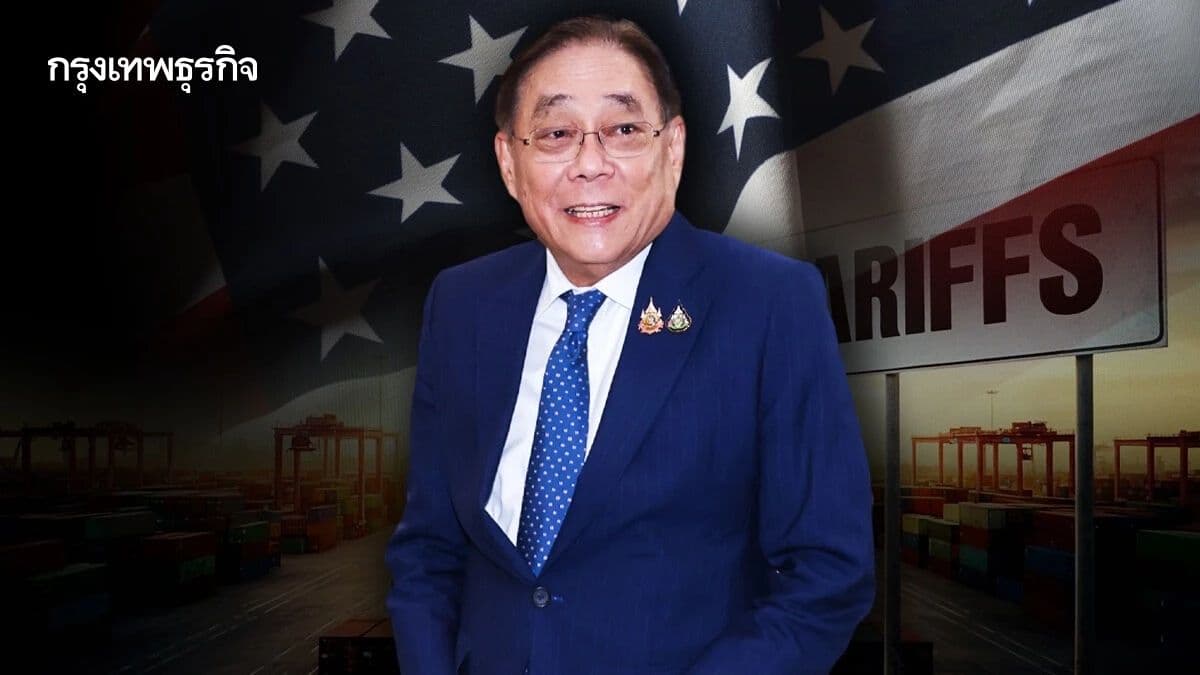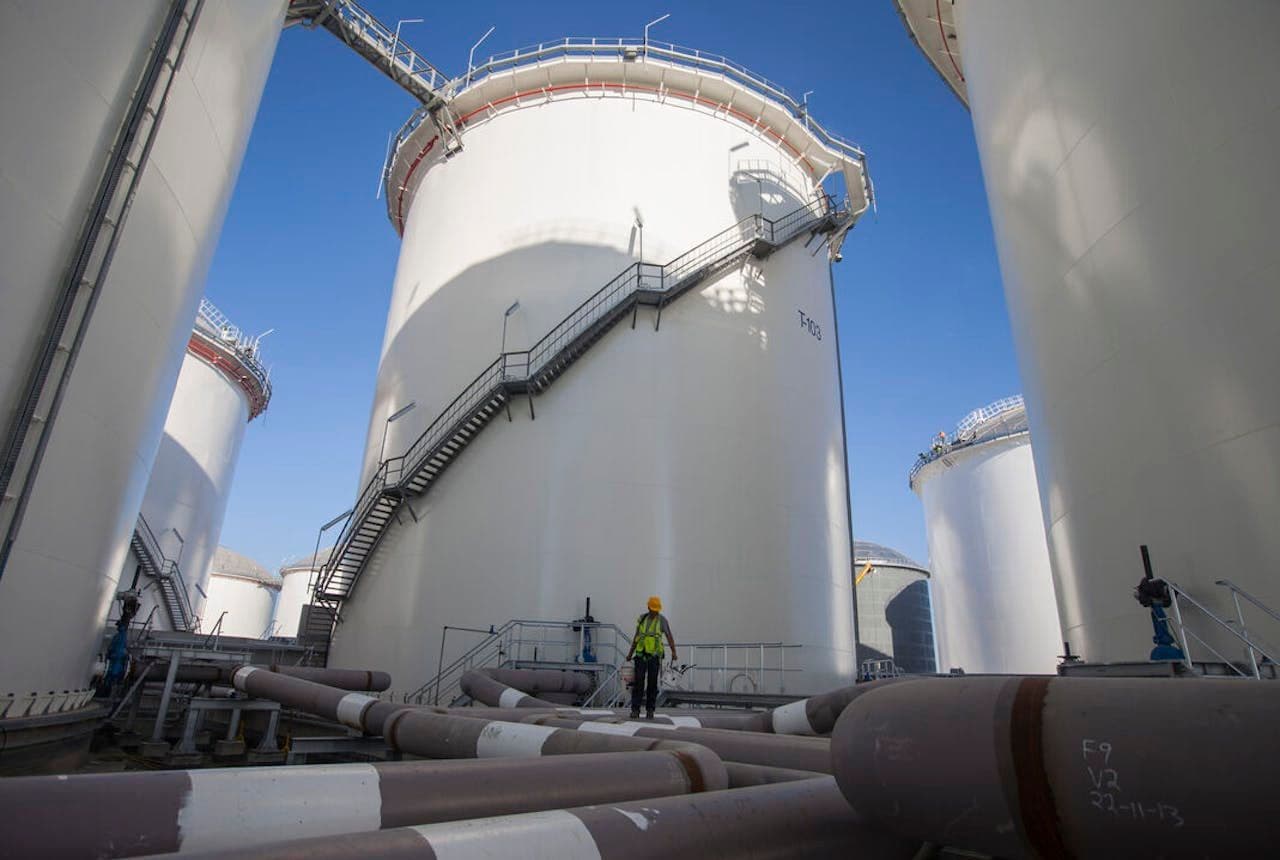Echoes of Influence: GULF's KBANK Stake and the Intricate Dance of Share Buybacks
Unpack GULF's rising stake in KBANK and the bank's strategic share buyback. Discover the hidden dynamics, market implications, and future of passive power in Thai finance.

A Deepening Hand: GULF's Latest Foray into KBANK
The intricate tapestry of Thailand's financial landscape recently saw a significant stitch added, as , a prominent energy and infrastructure conglomerate, announced a further expansion of its stake in . On October 14, 2025, GULF reported acquiring an additional 5,399,600 KBANK shares, representing a 0.2278% slice, at a price of 169.50 baht per share. This latest move pushed GULF's total holding to 119,149,900 shares, effectively crossing the crucial 5% ownership threshold, settling at 5.0288% from its previous 4.8009%.
While GULF has consistently framed its investment as purely financial, aiming for maximum shareholder returns without seeking board representation or involvement in KBANK's management or policy-making, crossing 5% is more than just a numerical milestone. It often signals a deeper strategic interest, or at the very least, invites closer scrutiny from the market and regulators. For a diversified powerhouse like GULF to deepen its roots in a leading commercial bank, it implies a strong conviction in KBANK's long-term value, potentially viewing it as a robust anchor in its broader investment portfolio. This development certainly sets the stage for an intriguing dynamic in the Thai financial sector, prompting questions about the nature of such 'passive' influence.
The Bank's Response: KBANK's Buyback and Its Strategic Intent
In a seemingly choreographed, albeit perhaps coincidental, counter-move, itself announced a substantial share buyback program. Approved by its board on October 30, 2025, the bank plans to repurchase shares worth up to 8.8 billion baht, representing a maximum of 47,386,552 shares or 2% of its total outstanding stock. This initiative, scheduled to run from November 14, 2025, to May 13, 2026, marks KBANK's return to the buyback arena after nearly six years, following a 3.2 billion baht program in February 2020.
KBANK's rationale is clear: it aims to optimize excess liquidity, enhance returns for its shareholders, and project unwavering confidence in its fundamental value. The bank highlighted its robust capital reserves, which have grown from approximately 18% to over 21%, a figure it considers somewhat elevated. By deploying this excess capital, KBANK seeks to assure investors of its financial stability and commitment to shareholder value, a common practice among global financial institutions like and . Interestingly, alongside this announcement, KBANK extended a request to GULF, asking them not to sell their shares during the buyback period, adding another layer to this unfolding corporate narrative.
Clash of Narratives: Independence vs. Collaboration in Thai Finance
The parallel actions of GULF's increasing stake and KBANK's share buyback, coupled with the bank's direct appeal to GULF, illuminate a fascinating push and pull within Thai corporate governance. KBANK's request for GULF to refrain from selling shares during its buyback period could be interpreted in several ways: a desire to maintain market stability, to prevent downward pressure on share prices during its own repurchase efforts, or perhaps even a subtle attempt to gauge GULF's true intentions.
GULF, however, firmly reiterated its position, declaring its investment is solely for maximizing returns for its own shareholders. They explicitly stated no intention of appointing representatives to KBANK's board or management, nor of influencing the bank's policies, including the buyback. This clear demarcation highlights a fundamental tension: GULF, as a significant shareholder, asserts its right to act in its best interest, while KBANK, as a listed entity, must operate within regulatory frameworks for the benefit of all shareholders. This dynamic underscores the evolving nature of major corporate relationships in Thailand, where significant cross-holdings can blur the lines between passive investment and potential strategic influence, even when both parties maintain an arm's length public stance.

Wider Ripples: What This Means for Market Stability and Shareholder Value
The intricate dance between GULF and KBANK sends ripples throughout the broader Thai financial market. KBANK's substantial share buyback, a move often applauded by investors, typically signals management's belief that the company's stock is undervalued, leading to a reduction in outstanding shares and a potential boost in earnings per share. This, in turn, can enhance shareholder returns and reinforce market confidence in the bank's intrinsic value and financial health. The bank’s emphasis on utilizing 'excess capital' to reinforce stability and benefit customers further burnishes its image.
For GULF, its growing stake in KBANK, even if declared passive, places it among the bank's most influential shareholders. This position could yield significant financial returns for GULF's own investors, especially if KBANK's share price appreciates. The combined effect of these actions could lead to increased liquidity and trading interest in KBANK shares, potentially benefiting the overall market. However, the interplay also raises questions about concentration of power and the potential for future shifts in strategic alignment within Thailand's interconnected corporate landscape, drawing attention to how these large players navigate growth and influence.
Forecasting the Horizon: Passive Power or Prelude to Greater Engagement?
Looking ahead, the narrative surrounding GULF's significant, yet self-proclaimed 'passive,' stake in KBANK remains compelling. While GULF continues to assert its investment is purely for financial gain, the crossing of the 5% ownership threshold in a major financial institution rarely goes unnoticed. This level of ownership, even without board representation, can confer a degree of 'passive power,' influencing market sentiment and potentially even strategic considerations within KBANK, as seen with the bank's request to GULF regarding the share buyback.
Will GULF maintain this 'hands-off' approach indefinitely, or could this be a prelude to greater engagement? History suggests that large, strategic investments often evolve. While direct management intervention might not be GULF's immediate goal, the possibility of future collaborations or even a more active role through indirect influence cannot be entirely discounted. The situation highlights a fascinating evolution in Thai corporate investment strategies, where conglomerates are increasingly diversifying into financial services, fostering an environment ripe for both strategic partnerships and intriguing governance dynamics. The market will undoubtedly be watching closely to see how this significant relationship develops, shaping the contours of Thailand's financial future.
Related Articles

Beyond Tariffs: Unpacking the US-Thai Grand Bargain of 2025

Beyond Tariffs: Unpacking the US-Thai Grand Bargain of 2025

Unlocking Global Trade: IBK's Strategic Play for Korea's Export SMEs

Unlocking Global Trade: IBK's Strategic Play for Korea's Export SMEs

The Billion-Dollar Blind Spot: Peering Into the Shadows of Vitol's Global Empire

The Billion-Dollar Blind Spot: Peering Into the Shadows of Vitol's Global Empire

Seoul's Strategic Gambit: How Investment Becomes the New Currency in Global Trade Deals
